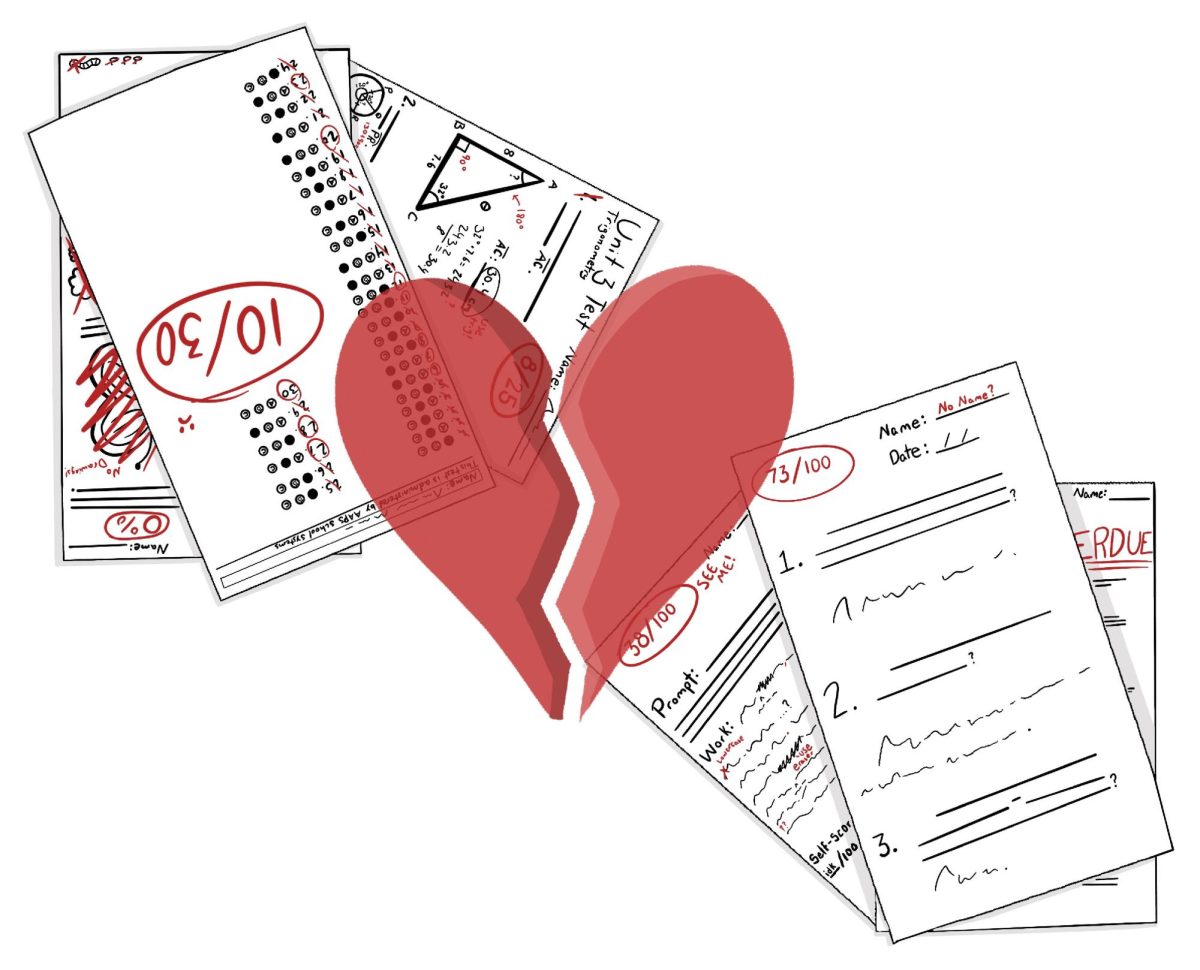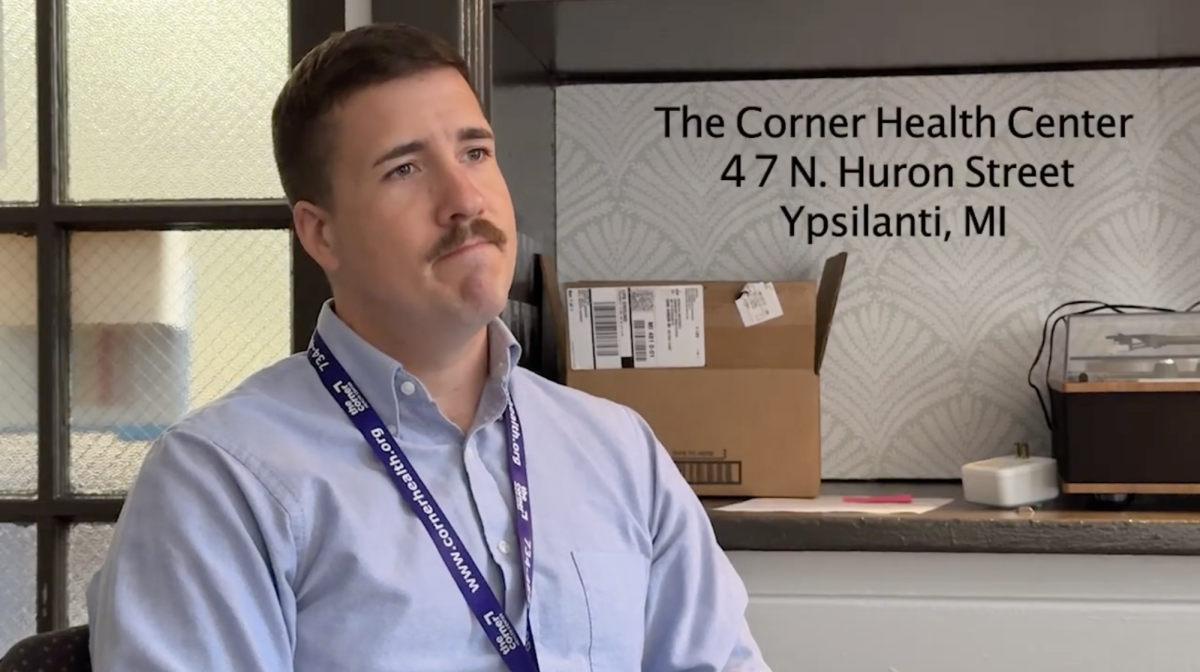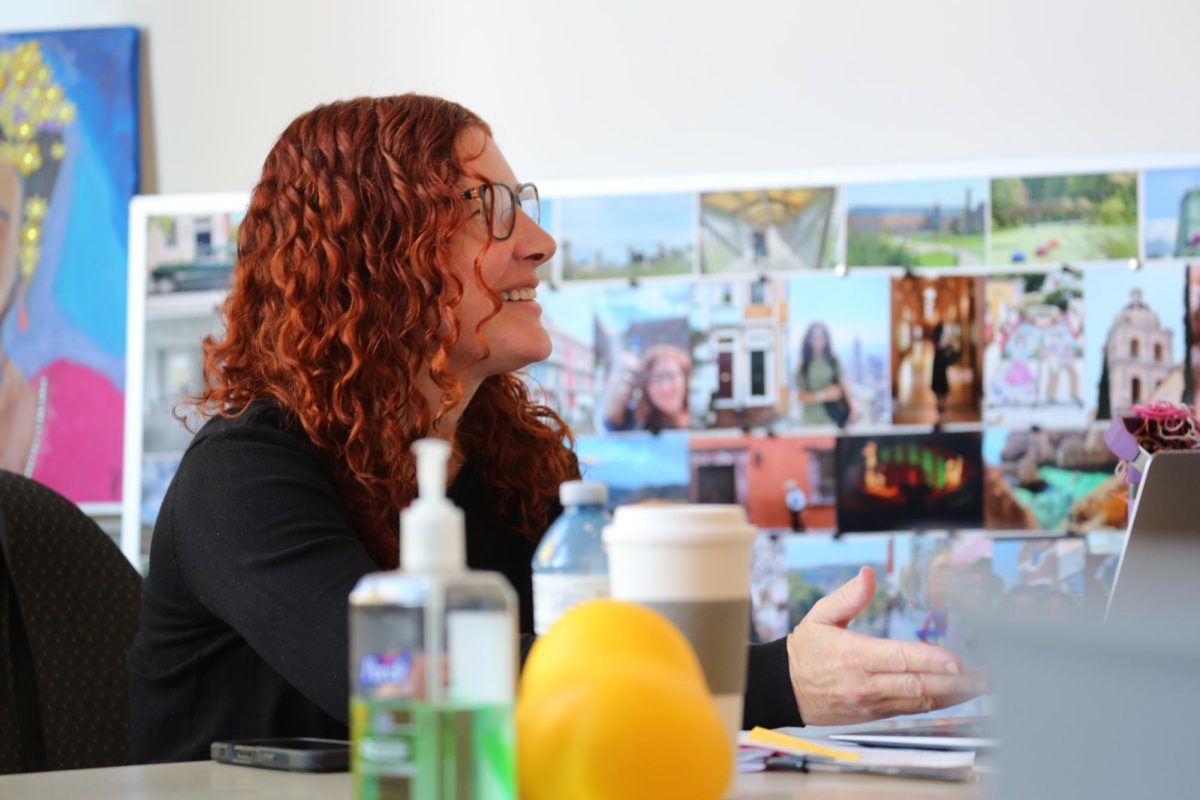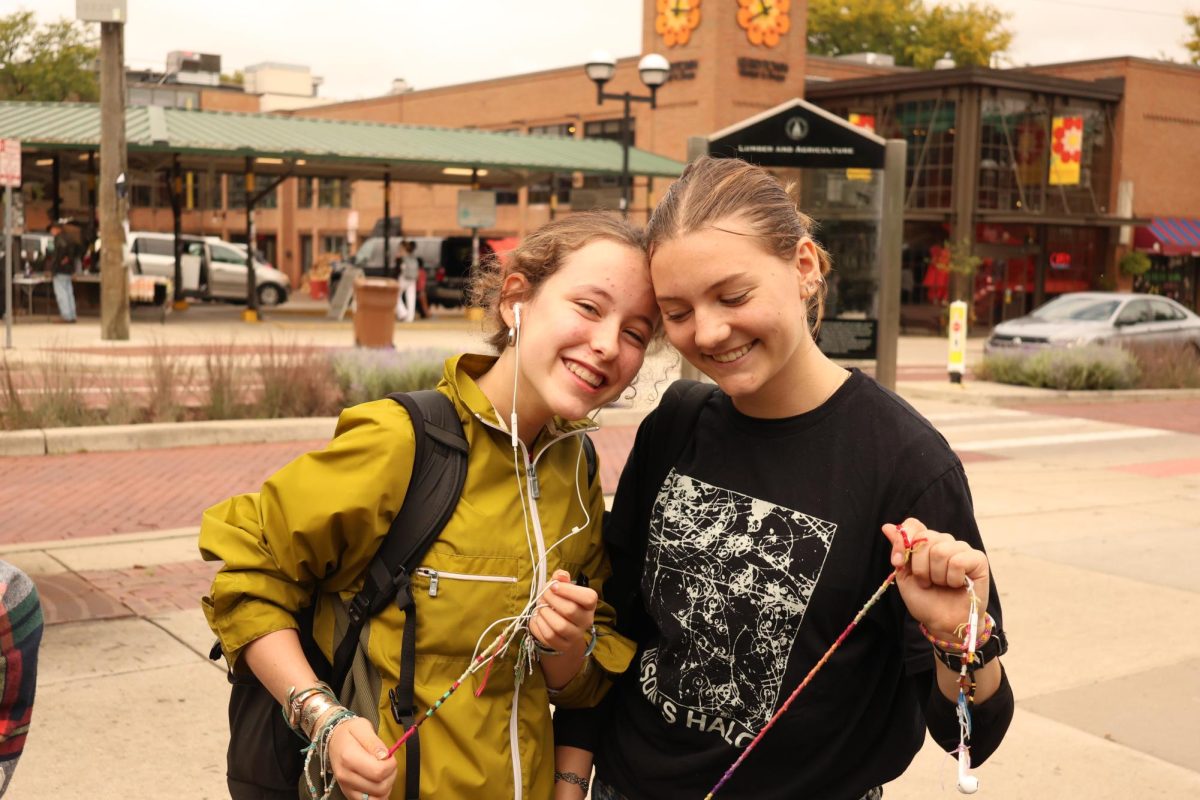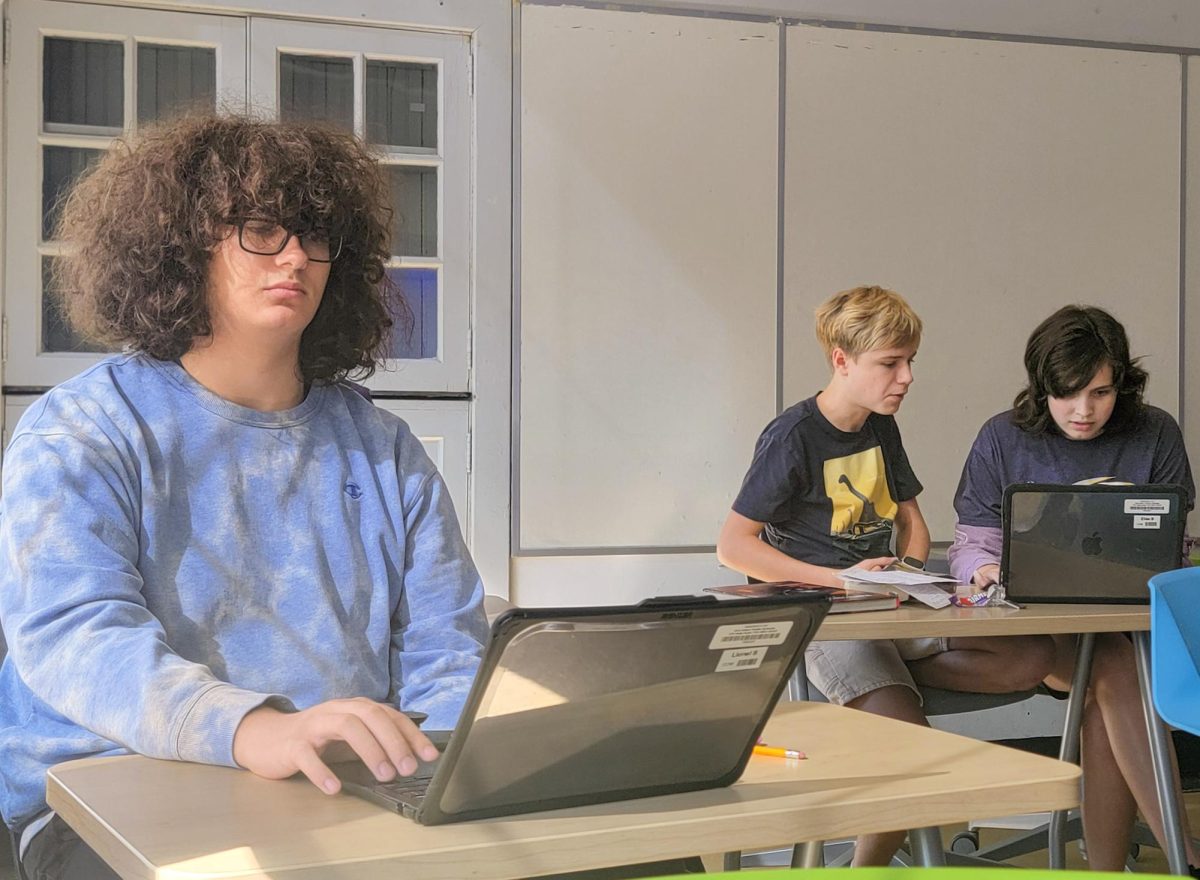Picture this: you’re 15 and your almost-year-long relationship has just ended after months of tumult. You walk into Algebra only to be faced with your ex-partner and their friends; it’s overwhelming and impossible to learn. Without realizing it, tears begin to form just at the sight of them as panic sets in.
You turn around and walk out the door, grasping on to your dignity and broken heart, but leaving behind the learning that you know is essential. For an anonymous CHS student, Alex, who experienced a similar situation, their only hope at recovering was skipping classes they shared with their ex.
“I barely went to my classes,” Alex said. “My parents wouldn’t let me stay home, so I stayed in the social worker’s room. I wasn’t escaping from it. I was just crying and taking it all in.”
Constantly being surrounded by your ex-partner, rumors and the overwhelming memories at school can exacerbate the pain for a student whose relationship has just ended; it’s nearly impossible for students to find peace and privacy during that deeply sensitive time. Students need to find an escape, driving them out of the classroom and into their beds at the cost of their grades and mental health.
“When students go through breakups, they often don’t want to come to school. They don’t want to be seen by people,” Traci Blancke, a social worker at CHS, said. “That can obviously have an impact on their grades.”
Science explains these emotions that drove Alex out of class when they saw their ex. Becky Brent, a teacher and forum leader at CHS, says that it’s “totally brain-related.”
“Every time we see that individual, not only are we getting a huge dopamine release in our reward system, but we’re getting that really awesome oxytocin chemical which is connecting us,” Brent said. “So every time we see that person, we get that beautiful little reward. When the breakup happens, we don’t get that reward.”
This withdrawal means that going to school with an ex is debilitating and it impacts teens more because of the likelihood that they will date someone who goes to their school. Alex remarked that if their ex attended a different school, recovering from the breakup would have been easier.
“I feel like being in the same school and classes is so much worse,” Alex said. “I see them every single day, and I still have those memories with me. But if I don’t see them at all, I think I’d be able to cope.”
Breakups — whether romantic or otherwise — are usually a negative event in someone’s life, especially if the relationship was healthy and full of joy. When relationships are unhealthy, however, continuing that partnerships could do more harm for a student than a breakup might. For example, relationships where the partners do not have equal control can sometimes have worse outcomes on those teens than ending that relationship could.
“One of the big themes we like to present as a part of our Health curriculum is control versus equality in relationships,” said Brent, who teaches Health and Wellness at CHS. “We tend to see relationships that are built based on control or more one sided and can get really negative and really detrimental as they evolve, especially if that control and power resides way more within one person.”
If control is imbalanced in a relationship, the partner with less control may not consider ending the relationship as an option, in fear of retaliation from the other partner. That being said, conflict is a normal and expected aspect of close relationships.
“How do you expect to come together as separate individuals to share an experience without having some kind of disagreements about how that should look and what that should feel like,” Brent said. “I don’t view conflict as a bad thing. I think we can learn a lot about ourselves and about our partner by sharing things that we’re not appreciative of, and then seeing how that evolves the relationship.”
Breaking up with a controlling friend or partner can not only relieve a teen in the moment, but can also teach them deeply important lessons on what they should expect from a companion. Knowing what you like and dislike in a relationship is an essential part of growing up and sets teens up for their long future of setting boundaries with the people around them.
“Breakups can really impact the way you view relationships, how you trust people and how you build relationships,” Blancke said. “This time of life where you’re finding yourself and differentiating from your parents and adults in some ways, your friends can be a huge support system.”
The deeply complicated emotions that follow a breakup can define the recovery process; the sting of loneliness and the anxiety about what went wrong can feel overwhelming. Shifting one’s mindset and transforming a failed relationship into a learning experience is a way to take advantage of those moments.
“We can really use breakup time as more of a reflective period,” Brent said. “If we shift our mindset into thinking, ‘I could learn something from this in my next relationship.’ That process can help with that grief that we feel right after the loss.”
While breakups can be especially hard for young students, they’re a normal part of life. They can be devastating events and lifelong lessons, teaching teens what they want or don’t want in a partner or friend. Asking for help and taking time to reflect after a split are crucial parts of recovering that teens shouldn’t take for granted; recovery is the fastest way to take back control of grades, emotions and one’s identity.



